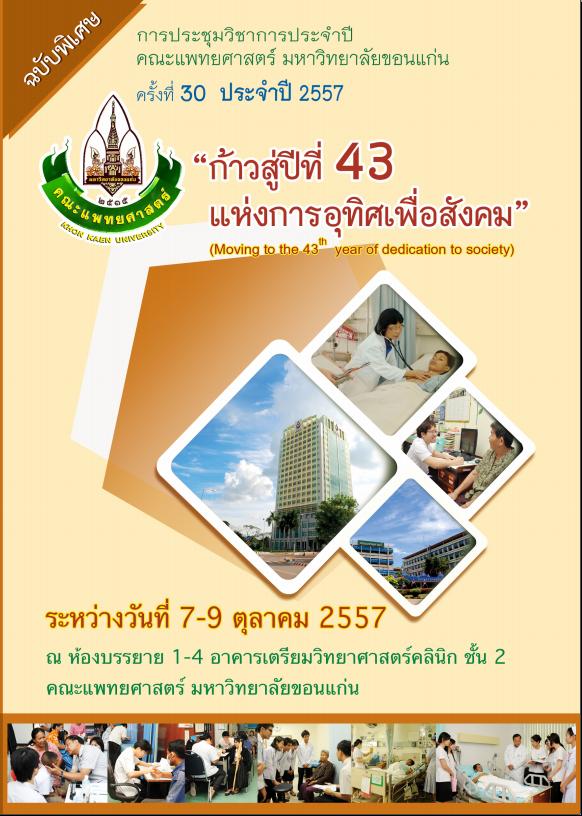Outcome of Mycophenolic Acid Therapy in Childhood Lupus Nephritis
Keywords:
systemic lupus erythematosus, lupus nephritis, mycophenolic acid, childhood, mycophenolateAbstract
Background and objective: Childhood-onset systemic lupus erythematosus (SLE) appears to be more severe disease and more renal involvement than adults. The severity of lupus nephritis is a prognostic factor in SLE patients. Although adjunctive therapy with intravenous cyclophosphamide is efficient, harmful adverse events may occur. Mycophenolic acid (MPA) is a new oral medication for the treatment of lupus nephritis. This drug seems to be safe and successful in the treatment of lupus nephritis in adults, however, very few data in children has been shown. This study aim to evaluate the outcome of MPA therapy in childhood-onset lupus nephritis.
Material and method: This was a retrospective descriptive study. The medical records of children under 18 years of age, who were diagnosed lupus nephritis and received MPA between January 1, 2003 and December 31, 2013 were reviewed.
Results: A total of 29 patients were enrolled (female 89.65%) and the median age at diagnosis was 10.41 (5) years. Median age on MPA initiation was 11.69 (3.50) years. The treatment duration was 18.21 (18) months. Urine protein and creatinine ratio was statistically significant reduced by 1.88 mg/mg (95% CI 0.8-3.19) and 2.19 mg/mg (95% CI 1.11-3.18) at 6 and 12 months of therapy respectively. Modified SLEDAI was significant reduced by 5 (95% CI 2-7) and 4.5 (95% CI 2-7) at 6 and 12 months of therapy respectively. Serum albumin and glomerular filtration rate increased whereas serum cholesterol and prednisolone dosage decreased significantly at 6 and 12 months of therapy. Twenty-seven patients (93.10%) achieved remission during MPA therapy, however six patients (22.22%) were relapsed. The median time to remission was 181 days (95% CI 150.67-211.33). The most frequent complication was bacterial infection in 6 patients (20.68%). MPA was discontinued in seven patients due to remission (3 patients), bacterial infection (1 patient) and non-responsiveness (2 patients). However, neither serious complication nor death was found in this study.
Conclusion: MPA could decrease proteinuria, improve clinical and laboratory parameters in treatment of childhood-onset lupus nephritis. However, intercurrent infection should be considered.




